Everything you need, at a glance
Our Insights are detailed and well researched. They keep a pulse on what’s happening in the market and allows you to stay ahead of the curve.
Sign up to our newsletter to get exclusive insights and never miss an article.

Ex-BCG consultant Mona is a Product Owner at Rentalcars.com in Manchester. She talks about moving from consultancy to tech.
Mona is an ex-BCG consultant and the Product Owner at Rentalcars.com. Her job is to make car hire fully transparent for customers. With Movemeon, she talked about her career path and what it was like moving from consultancy to the tech industry.
“If you’re offered a seat on a rocket ship, you don’t ask what seat. You just get on.”
This is how Eric Schmidt, CEO of Google in 2001, convinced Sheryl Sandberg to join.
When Rentalcars turned a decade old, yet it was already a multi-billion business. It was doubling in size every 3 years, and then started to accelerate! What this growth rate means is that there is ample opportunity to improve the business and (almost) no one stopping you from implementing your ideas!
Quite a change from consultancy where you’re lucky if your brilliant ideas even make it into the final slide deck…
After my educational (PhD) leave I decided not to return to BCG in order to find a new challenge with a better work-life balance. I joined Rentalcars.com about 6 months ago as Product Owner of Terms & Conditions. I didn’t understand at first. Terms and Conditions? Were they sure they didn’t want to hire a lawyer for this job? However, the job is everything but boring legal details. Rentalcars.com is a broker, so our supply partners (Avis, Hertz and so on) have terms which our customers must adhere to – for example, additional fees they have to pay at the desk. My team and I make sure customers know this up front, and we help supply partners to improve their requirements. Achieving Full Transparency in the car hire industry is a BHAG (Big Hairy Audacious Goal) and I’m in charge.
The consultancy skill set is a huge benefit in my role.
Moving from consultancy with my consultancy skill set to Rentalcar.com was a great benefit for me. Creating a strategic vision and boiling it down to roadmaps, planning and implementation is crucial. But there’s a lot to learn every day. I work with engineering (on software development), product owners (on intersections between software products), our call centre (on customer hassles), UX researchers (on user experience), copywriters (on wording), and our commercial department (on supply partner relationships). Each of my stakeholders has valuable insights, skills or resources that I need to create a fantastic product.
The biggest difference between BCG and Rentalcars.com is that I finally feel like I’m in the driver’s seat. I am driving change every day, and I can already see the results of my work on our website. But not all is different. My colleagues are smart and great at their jobs.
I work with ex-consultants from BCG, Oliver Wyman, Bain, and Deloitte.
Rentalcars.com is part of the Priceline Group, the world’s leading provider of online travel, and one of Fortune’s four most admired tech companies – alongside Google, Amazon & Facebook. We also have annual plans and quarterly objectives: just like the majority of BCG’s clients.
One of our company values is “We love having fun”. We have meeting rooms with hoverboards or poker tables, free breakfast, subsidized lunch and Friday beers. We also love “being different”, “doing stuff together”, “straight talking”, and “getting it done”. It’s a great place to be yourself and to be successful. And don’t even try wearing a suit for work.
Interested in moving from consultancy to the industry? We have great opportunities on Movemeon (at all seniorities and in a wide range of functions). Joining the movemeon community (it’s free) gives you daily access to opportunities it’s impossible to discover elsewhere.

Freelancing was a great option for our founders while they worked to launch Movemeon. Here, they explain why & provide tips for finding freelance projects.
Freelancing - 9 benefits and ways to find work. Working for yourself as a freelancer/contractor/interim consultant is a career option that people often fail to consider. However, it was a great model for us as we researched and set up Movemeon. We recommend the freelance route particularly for professional services people starting out as entrepreneurs. Perhaps freelancing could be a good option for you to explore.
Here we share some benefits and some tactics for finding work.
The benefits of freelancing
- Freedom to leave your current job without your next permanent role lined up.
- Pays the bills if you’re researching a business idea.
- Pays well. There are 2 rules of thumb on knowing what to charge: i) your permanent salary divided by 100 (remember as a freelancer you won’t have any benefits or paid holiday); ii) the day rate that your employer charged you out at divided by 3.
- Avoids ‘gaps’ on your CV.
- The work tends to involve more responsibility. The client will want you as a mini-project manager, you’ll ‘own’ the relationships, have more exposure and be your own boss.
The ways to get a freelance job
- Use Movemeon. We know, we know…. we’re biased! But we’ve had some great freelancing roles come through the site – so keep your eyes open and register for free freelance job alerts.
- Let your former employer know. You’ll be surprised at the number of clients that will approach a firm with smaller jobs (that aren’t worth your employer’s while to pitch for), or part-time jobs (that they couldn’t staff given that they only have full-time employees). Your employer could recommend your services.
- Let your friends and colleagues know.
- Let your former clients know (subject to terms of your employment contract with your former employer).
Freelancing need not be forever, but it’s often a good option for now. If you’re freelancing, we’d love to hear your thoughts – email: info@movemeon.com
Find your next freelancing opportunity here!

Freelance consulting offers a range of benefits. One of the main rewards it offers is what is the world’s most valuable commodity - more time.
The benefits of freelancing
Freelancing offers a range of benefits – good pay, a range of projects and working with new clients. However, one of the main rewards it offers is the world’s most valuable commodity – it gives you more time. In this day and age, where everything seems to be running on fast forward, more time is something we all crave. If you stopped a passer-by on the street and offered them three wishes what would they wish for – wealth, fame or maybe just a Nando’s black card? The one notable exception, for the most part, will be the wish for more time. This isn’t because we don’t secretly all crave it. We’ve just grudgingly accepted it’s something we’re never going to achieve for most of our working lives.
It’s important to define what I mean by ‘more time’. Time is relative to how we choose to spend it. An hour spent commuting to work can’t equate to spending an hour doing something you truly love to do. ‘More time’ to me means being able to spend more time with friends and loved ones. Also, to travel more or just being able to sit in the park and read a good book. Basically doing all the things that make life worth living – let’s call this ‘golden time’.
The 'golden time' privilege
‘Golden time’ is being able to do the things you look back on at the end of the week and just say to yourself ‘it’s been a good week’. It could be as simple as painting a picture or dropping your child to school every day. Everyone has their own definition of what ‘golden time’ actually means to them. Some of my fondest memories in life are those occasions that happened as a result of having more ‘golden time’. Babysitting my niece for the first time after pulling a ‘sickie’ from work, taking a gap year and traveling through Cuba & Central America. All things I wouldn’t have been able to do without this ‘golden time’. That’s not to say I don’t love what I do for work. On the contrary, I actually consider myself incredibly lucky to be doing a job I actually really care about. But if you were to ask me if I think I have enough ‘golden time’ in my week – I’d say probably not.
I think it’s safe to say that I’m not alone feeling this way. Most of my friends are in high-flying city careers and every time we catch up they all have the same complaint – work’s great but I don’t have enough free time to do the stuff I really want to. It’s something I think you feel the older you get with big milestones acting as a period of reflection. I turn 30 next month and it’s got me thinking - how will I remember my 20’s? Did I really do everything I wanted to – if not, then what was stopping me?
In my opinion, being able to claw back more of this ‘golden time’ is probably one of the main and often most undervalued benefits of freelancing. This ability to earn some more ‘golden time’ is achieved through flexing work-life balance so that you’re able to continue sustaining your current standard of living (paying bills, mortgage, school fees etc.), but freeing up ‘work time’ and devoting it to all the pursuits that you’re most passionate about. This could be either through having the flexibility of only working certain months of the year or working certain hours on a freelance project.
In today’s work environment, so much emphasis is put onto achievements & promotions. However, I promise you this – show me someone who’s managed to build a healthy amount of regular ‘golden time’ into their weekly schedule. I’m confident their level of contentment will be unmatched versus so-called ‘high fliers’ in the city. When you manage to master the life of a freelance consultant, I’d firmly put you into this category. There isn’t a single category of ‘worker’ I’d classify as being more content with their personal and professional lives than freelancers who’ve mastered the art of switching off when not on a project and keeping ‘golden time’ sacred – no exceptions. The temptation will always be to feel ‘productive’ and scout out new channels for potential projects when you’re not working. However the fact is, if you’ve set yourself up properly and put in the hard graft to establish a strong network of potential employers, there will be regular occasions you can afford to switch off – a truly rare luxury in this day and age.
One of the main reasons I love the freelancing space is because I get to meet some amazing freelancers who fill their ‘golden time’ doing some of the most amazing things imaginable. To that end – I’ll finish this piece by listing some of the best adventures and ‘golden time’ pursuits I’ve come across having met hundreds of freelancers over the last few years. Some might find some of these endeavours somewhat mundane, however, that’s what makes ‘golden time’ so amazing. Something as simple as being able to spend time with family could be as rewarding and fulling as climbing Everest.
- Training and representing my country at the Ultimate Frisbee Championship
- Taking summer off to take the kids back to China so they can re-integrate with their roots
- Going coast to coast on my Harley Davidson
- Visiting 100+ countries
- Swimming the channel and great lakes
- Launching a start-up that’s going to change the world
- Flying half-way around the world to see my favourite band perform their new album
- Finish my work by 5 pm every day so I can train for the marathon with my 18-year-old son
- Hiring a mustang and doing the route 101 road trip
- Helping my wife for every bedtime during our toddler’s terrible two’s
Would you also like to know how to become a successful freelance consultant? We have published an article on that as well, which you can find here.
Happy Freelancing!

The caliber of freelancers (some people call them contractors, independents or interims) is on the rise and it is even becoming more popular.
Working as a freelancer is becoming increasingly popular. Also, more and more companies are opting to hire freelancers for various projects in their teams.
Here are the main reasons why the caliber of freelancers is on a rise:
Platforms – like movemeon.com – make it easier to find this type of work
We provide a marketplace for high-caliber of freelancers. But you also see these marketplaces at other ends of the market (e.g, outsourcing some legal bits & bobs, getting a logo designed, finding someone to clean your house). Technology is creating great market places which drive supply on both sides of that market.
Given it’s easier than ever to find the work, there are many reasons why the caliber of freelancers is rising
The chance to work for yourself on your own terms. The flexibility to work hours that suit your home life. The ability to take the school holidays off to be at home with the kids. The opportunity to earn a good day rate and therefore annual income while still saving the client mountains vs. using a consultancy (remember the day rate your firm charged you out at?!)
Mark is a successful freelance strategy & transformation consultant of 10+ years. Rich (movemeon.com co-founder) asks about pros & cons, how to get set up and why more and more employers choose to work with freelancers. Click here to see more videos and interviews with leaders or subscribe to our Youtube channel.
https://www.youtube.com/watch?v=mVR2kNdT-wA
Consultants work all the hours God sends (or near enough)
So, if someone decides they’re not in it for the long haul, it’s often impossible to find the time to discover and land the right opportunity. So, increasingly we see people leave without another permanent job to go to. They leave because they know there’s a ready supply of freelance work for them. And they can freelance to pay the bills while they hunt down their next permanent gig.
Freelancing really helps to build one’s network
Typically, you meet a lot of different companies. Often you also meet PE funds who are a conduit to a whole host of portfolio companies. So we often see freelancers landing permanent jobs just because they are freelancing (either they go permanent with a client or the permanent job comes through the network they have time to develop while freelancing).
Freelancing is better understood and a more widely accepted move
Historically, hiring managers have been snobby about time spent working in ‘non-permanent’ roles. But times are changing. Just because a role was freelance, doesn’t mean it wasn’t a good role and it certainly doesn’t mean the person is no good. Quite the opposite can be the case so it’s important to understand that person’s story and motivations behind the freelance work.
A really important point comes out of all of this and is at the core of the implication. Very high-caliber people are dipping into freelance work between permanent roles. That’s particularly true of people just leaving consulting – and particularly at the manager level (when people look up at the partnership and decide it’s not for them). These have historically been viewed as the ultimate prize for employers and these prizes are becoming more readily available.
Historically, organisations have felt that ‘career freelancers’ are not consistently high caliber options. That’s a huge generalisation (there are many brilliant career freelancers out there) but it is a commonly voiced impression. The point now is that there’s a far greater supply of non-career freelancers – who could be a great short-term asset to your business, and perhaps, even, someone that turns into a ‘try before you buy’ permanent hire too.
Are you looking for a freelancer for your team? Or would you like to learn more about hiring freelancers? Then feel free to contact us!
[hubspot portal="25392842" id="24161966-77f0-499d-9230-0f71cee62bf7" type="form"]

Struggling to hire freelancers? There are a number of things clients can do to maximise their chances of hiring the right freelancer for them.
Do you struggle to hire freelancers? There are a number of things clients can do to maximise their chances of hiring the right freelancer. As with any hiring process, there’s no guarantee you’re going to get things right every time. However, with these tips & tricks, you’ll improve your success rate moving forwards.
Learn from previous hiring processes
How have previous freelancers performed in the business? Is there something you wish you had asked them at the interview, now you’ve worked with them for a few weeks/months? When you hire freelancers, it should be a learning process for employers as well as candidates.
When things do go wrong with freelance hires, it’s important to understand what safeguards can be brought in during the interview process to avoid repeating mistakes.
Learn from current employees/freelancers
Ask current employees/freelancers what can be improved in the hiring process. It’s amazing how many clients don’t tap into this vital knowledge pool. Current employees give you candid/unfiltered information. If you have any freelancers on site, make them your first port of call when it comes to refining your interviewing process.
Spend time creating a proper project brief
Given the quick turnaround times involved in most freelance hiring processes, it’s easy to skip past the step of creating a proper job brief. Sometimes, you’re just desperate to get someone on-site as soon as possible. This creates a mismatch between freelancer and client expectations and leads to a number of challenges around what work is delivered.
Mark is a successful freelance strategy & transformation consultant of 10+ years. Rich (movemeon.com co-founder) asks about pros & cons, how to get set up and why more and more employers choose to work with freelancers. Click here to see more videos and interviews with leaders or subscribe to our Youtube channel.
https://www.youtube.com/watch?v=mVR2kNdT-wA
Create milestones for every project
Milestones create an element of accountability for both employers and freelancers. Clear expectations for the project, set against a timeline, leave both parties reassured they’re working towards the same goals at an agreed pace. Even having a rough outline is beneficial to all involved.
Milestones also help break a project into digestible ‘chunks’, helping map out how the project should be tackled. For example, instead of creating a brief that says ‘freelancer needed for a market entry project in China’, add context on market entry strategy will involve (preferably in order). Then set milestones against this. This could include a competitor analysis, internal/external market forces to factor in, logistics, etc. You can then discuss the prioritisation of each task and you’ll have a clear list of executable tasks to work against.
Don’t forget to sell your business, as well as the project
Freelancing is on the rise and the volume of projects is increasing month on month. This rise in supply means freelancers now have far more choice for the type of work they choose to pursue, compared to even a few years ago. This means employers need to differentiate themselves versus competitors to capture the best talent in the market. So if you have any USPs in your business, be sure to mention it in the job description as they can sometimes tip things in your favour.
Quite often freelancers like to establish long-term relationships with the clients they work with. That’s why it’s essential clients sell their long-term vision for the business, not just short-term projects. This enables freelancers to look past only immediate projects. They’re more interested in your business, which is far more likely to get them over the line, compared to selling just a single short-term project
So there you have it! A few tips and tricks to help improve your success rate when you hire freelancers. As with many aspects of business (& life), all 5 of these tips revolve around effective communication (both written and verbal). Make sure you always remain receptive to improving your own hiring processes – no process is ever perfect!
Interested in hearing more about how Movemeon can help you hire freelancers? Please get in touch with our team by filling out the form below.
[hubspot portal="25392842" id="24161966-77f0-499d-9230-0f71cee62bf7" type="form"]

Learn how to be a successful freelance consultant. Here’s what to think about if you’re considering making the switch.
Working as a freelance consultant has become an increasingly popular career option – either a forever job or as a bridge between permanent roles. Both Movemeon’s founders have done it. Here’s what to think about if you’re considering making the switch. This post is about setting yourself up successfully.
When you decide to make the jump from full-time work to freelancing – also known as a contract consulting and sometimes interim – it’s important to make sure that you’ve set yourself up in the correct way and that you’ve thought through the practicalities of life as a freelance consultant. The setup process itself is quick and relatively pain-free – taking 2-3 days at most.
The essentials of freelance consulting
1. To work as a freelance consultant, you need to set up as a sole trader, limited company or join an umbrella organisation. We’ll be covering the pros and cons of each in a separate post – but as a general rule of thumb, we found the limited company (in the UK) route offers the most benefits – such as keeping the taxman happy. Run a quick google search and you’ll find plenty of companies that can help with the setup process. Equally, it’s quite easy to do yourself.
2. Set a range for the day rate you wish to charge. It’s important not to be too rigid with a specific rate and remain flexible. You might, for instance, want to set a lower rate for a longer piece of work. It’s always worthwhile scoping out new projects, overlapping what you know, with what a client wants and then being able to justify why you’re charging a specific rate. Do you bring something extra to the table, specific skills, relevant domain knowledge or flexible working arrangements – all things that can help you achieve a higher rate? We cover the different things to consider when setting a day rate in this post, but for now, it’s worth sticking to the golden rule – you should be paid for what you’re worth!
On this, I was once told that my day rate should be my previous salary divided by 100. Why 100? Because it takes into account the fact that you – as a freelancer – receive no benefits (paid holiday, pension, bonus, healthcare etc) and also risk not being able to work 240 days a year (for full-time pay).
Oh and remember a day rate = a defined length of day that you should agree with your client. You should work what you’ve agreed (not hours and hours into the night beyond your agreement; note a little bit of flex is recommended!)
3. Make sure you have the correct insurance in place before starting a new project and always qualify with a new client what type and value of insurance they require.
4. Are you up to date with your current/former employer's non-compete policy and what, if any, restrictions you may need to observe?
Mark is a successful freelance strategy & transformation consultant of 10+ years. Rich (movemeon.com co-founder) asks about pros & cons, how to get set up and why more and more employers choose to work with freelancers. Click here to see more videos and interviews with leaders or subscribe to our Youtube channel.
https://www.youtube.com/watch?v=mVR2kNdT-wA
The practicalities
It’s important to keep in mind that with your new-found freedom also comes a greater emphasis on having to do things yourself – gone are the days when hotel and flight bookings magically pop up in your inbox! Here are some of the main things you should keep in mind when you’re about to become/have recently started as a freelancer:
1. Try to leave your current / most recent employer on good terms. Freelancing is a great way of life when it works, but if, for whatever reason, it’s not something that works out it’s always nice to have an invitation to return to your current/previous job.
2. Ensure that you’ve budgeted for ‘lean’ months when you won’t be working and may require some additional finance (holiday periods, school fees etc). This will tie into our post on how to calculate the right day rate.
3. Be sure to think around your project pipeline and how you plan to find new work – Movemeon is a great place to start of course! And don’t forget your network!
4. Don’t be disheartened if at first, you fail to make any real traction in finding your first project. As you build your project experience and client network, finding new work becomes a smoother process and eventually, you’ll be living the dream, with previous clients knocking down to complete some follow-on work.
5. Think about the type of freelance consultant you’d like to be – generalist, industry or functional expert. It’s important to think about this as early as possible as clients strongly favour candidates with a strong track record in a specific industry or function.
Click here to view successful Movemeon members who have been hired as freelancers
Subscribe to Rich's (Movemeon Co-founder) monthly email below for more exclusive content, career tips, and industry experts interviews:
[hubspot portal="25392842" id="6d34e18b-55a6-4ec6-955e-19b4cbd28c40" type="form"]

The big tech firms have become the most in-demand employers for graduates. So has consulting become less relevant than it was a decade ago?
In the last few years, the big tech firms like Google and Apple have risen to become the most in demand employers for graduates. Not long ago, the top spots were dominated by the leading banks and also the big 3 strategy consultancies. So has a spell in consulting become less relevant than it was a decade ago?
For me, the answer is no (or perhaps ‘largely not’).
WHY A SPELL IN CONSULTING IS STILL RELEVANT
1. Consulting is a great career in itself. Yes, the majority of people use it as a stepping stone ‘into industry’, but for many, it becomes a life long pursuit. And there are lots to recommend it: a variety of interesting problems to solve, super-smart colleagues, travel, constant interaction with (often new) people – clients or colleagues.
2. Consulting skills are as relevant and transferable today, as they were when I started in 2007. Particularly if you aspire towards General Management (rather than deep functional or technical expertise). Simply put, consultancies are training grounds; they refine your thinking. You are taught, coached, pushed and learn to influence and communicate in a sophisticated way. You learn tangible business semi-basics (valuation, strategy, financial modelling…) – which is highly relevant in the UK where graduates from all degrees can enter consulting (perhaps less so e.g, in France where generally consultants have business degrees or in the US where MBAs are more common). These transferable skills remain as sought after as they ever were.
3. Consulting remains a fast-track. And certain brands in particular (in a similar fashion to the university/school you attended) are a rubber stamp of calibre. After a spell of a few years, you are sought after for opportunities that wouldn’t be thought suitable for those with only a few years experience elsewhere. And the range of opportunities open to you is unparalleled (from startups to scale-ups to corporates to PE & VC).
So, what are the caveats? You have nothing to lose through a spell in consulting. Especially if you go into it in order to keep your options open, discover different industries and work out what you ‘really want to do’.
So, what are the caveats? You have nothing to lose through a spell in consulting. Especially if you go into it in order to keep your options open, discover different industries and work out what you ‘really want to do’.
WHEN IS CONSULTING LESS RELEVANT
Therein lies the rub, if you already have a very firm idea of ‘what you really want to do’. Just go do it. You have no need to keep your options open. And you’ll gain the deep industry expertise that consulting rarely delivers and that will allow you to progress rapidly (and if you decide in time that you’ve made a mistake, consulting firms are increasingly hiring people with industry experience so you have a more established entry point at a more senior level than used to be the case).
And when you leave consulting, do so with eyes open that you’ll need to learn to walk before you can run in your next company. You’ll likely need to prove yourself in a strategy/project type role, before you can step into something more operational. You’ll need to prove that your skills do transfer, that you understand the business and the industry in minute detail and that there’s more to an ex-consultant than blue sky thinking. Have a look at the article about the importance of getting your hands dirty when moving in-house.
It seems that more and more people have made up their minds that they want to work in tech, but – even acknowledging the caveats – that doesn’t take away from what a spell in consulting can give you.
At Movemeon, we connect (ex) consultants and freelancers with tailored job opportunities, industry insight & events. Register now to view and apply to jobs and for networking and events.

Even if you are the perfect candidate, mistakes on your CV reduce your chances of landing your dream job. Make sure you land that interview.
Even if you are the perfect candidate, mistakes on your CV reduce your chances of landing your dream job.
Here is a shortlist of the most easily remedied and highest impact mistakes we regularly come across.
1. IT’S SAVED IN WORD
It sounds so irrelevant, doesn’t it? Word vs PDF, what’s the difference? Let me tell you, it is minor but word takes a lot longer to open.
When I read CVs ahead of checking in with a hiring manager, if I’m pressed for time Word CVs are often the ones that fall to the bottom of the priority list. They then get read in a rush, instantly disadvantaging the applicant. For me, opening a CV in word also opens it in a different place on my screen to PDFs and thus I am more likely to forget the one or two who opt not to submit in PDF. It sounds minor but when it comes to deciding who to call for an interview it always pays to be front of mind.
2. IT’S NOT PERSONALISED FOR THE JOB YOU WANT
The only piece of advice I give friends when they ask me to look over a CV for them (after all, you don’t want to take work home… even if it does try to wine and dine you) is to make sure that you have re-written your CV to highlight the relevant experience you have. Not only does this put your best foot forward, but it also makes every subsequent step easier.
Often I speak to hiring managers who aren’t convinced by the motivation of a great candidate (who really wants the job) because their CV looks like one used for generic applications. Simply making sure you mention projects in relevant industries and functions you have performed is a great way to say that you feel you belong in their world!
3. IT’S TOO LONG
Linked to the above, if you aren’t writing your CV for the opening there is an understandable temptation to put down everything you’ve done. Exhaustive lists are exhausting, show you understand what the role is about and leave something in reserve. The applications I find make it to the top of shortlists are those that succinctly demonstrate that they tick all the boxes with a controlled list of projects.
4. IT’S NOT CLEAR IF YOU HAVE THE RIGHT TO WORK THERE
If you’re not based in the country you’re applying to work in and have existing work rights, make sure this is something mentioned in either the header or the footer of your CV. You make things difficult for a hiring team when you ask them to guess based on the languages you speak, where you went to university and where you started your career. Hiring teams sometimes have to deal with hundreds of applications and simply don’t have time to waste; so don’t give them any reason to think you might not work out.
5. IT’S NOT CHRONOLOGICAL
Some people opt to order their CV thematically according to the different types of experience they have. This makes reading rather confusing, as it becomes hard to track progression, understand moves into/out of the industry and even to quickly understand how experienced you are.
6. YOU’VE OVERCROWDED WITH CHARTS, IMAGES AND GRAPHS
A picture can be worth a thousand words. Equally, it can be worth one and take up 10 times the space on a document already bursting at the seams with your achievements. If it doesn’t explain something you could type in the same space an image is probably just overcrowding. If you’re looking for a way to get across personality and fit (often the decisive factor for startups) a cover letter is a better way to get things across.
7. YOU’VE NOT EXPLAINED GAPS IN YOUR CV
Everyone needs to take a little time out, but avoid unexplained gaps where you can. Unknowns look ominous but saying that you took some time out to have/raise your kids or go travelling says a lot about you and is a great conversation point at interview.
8. YOU’VE NOT EXPLAINED YOUR IMPACT
Pointing out the relevance of your projects is important, but so is showing that you were able to get things done. Always say what your work resulted in if you can. Everyone loves a winner.
Best of luck job hunting!
Speak to our team at movemeon if you need support finding your next role, or if you are looking to hire a skilled professional.

After some years working in professional services, there might be telling signs that you have been a consultant for too long. Here are 15+ of them.
After some years working in professional services, there might be telling signs that you have been a consultant for too long. Here are 15 signs that it’s maybe time for you to consider a job change! Scroll down for even more signs, added by our readers.
YOU KNOW YOU’VE BEEN A CONSULTANT FOR TOO LONG WHEN…
… someone asks you what you actually do in your job, and you fall deafly silent.
… someone asks for a meeting at 10.00 and you say am or pm?
… you refer to your child’s arts and crafts project as a deliverable.
… you use any of the following words in a social context: consensus, buy-in, robust and ‘let’s step back’, deep-dive, stress-test, stakeholder.
… you refer to getting sign-off for a night out.
… you problem solve for a plan for ‘date night’.
… you say to your partner ‘I’m coming home early tonight’ and the clock’s already hit 8pm.
… you use colour coded Excel for your shopping list.
… you discuss new Excel functions with your (geeky) friends.
… you explain to the hotel staff what their room policy is.
… you’ve seen more films on a plane than in a cinema.
… you show new employees of the client how to get the best coffee from the machine.
… you perform a SWOT analysis on any major life decisions.
… someone refers to ‘being on the beach’ or ‘on the bench’ and you ask them about their annual billable hours.
… you use PowerPoint to design absolutely everything.
EXTENSION: 29 MORE WAYS OUR READERS KNOW THEY’VE BEEN CONSULTANTS FOR TOO LONG
- You receiving a birthday card signed by all front desk staff from the Marriott Renaissance in Rutherford, NJ.
- Heading out for dinner one weekend with your partner, you recommend “going back to that awesome restaurant…” and they say – that wasn’t me and there isn’t one of those in this city.
- You know the names of all three flight attendants on the Monday AM flight to NYC but not of your neighbour across the street.
- Lifetime status at a hotel or airline becomes a positive achievement.
- The rental car or hotel staff says “It’s been a while since we’ve seen you, everything OK?”
- Arriving back to your home airport customs ask ”where are you coming from sir….” and it’s a complete blank!
- You introduce yourself by starting with, “Good Morning, Good Afternoon and Good Evening”!
- You get to the airport, stop by your favourite diner, and the waitress already has your standard order ready.
- You start referring to the Marriott as home.
- You can unpack/repack in 15 minutes.
- You really geek out on posts like this.
- You wear a Marlins hat to a Bruins hockey game.
- You speak the wrong language to the postman.
- You have so many passwords, you can’t get into any device.
- You have to think twice before writing country of residence on the Customs re-entry form.
- You pull out the wrong currency at a local MacDonalds.
- Your neighbour asks “what did you think of Sunday’s game?” and you have no idea which sport, when or where it occurred.
- You have more friends abroad than in the United States.
- Your company thinks you are more loyal to it than to your community of practice.
- You are in an argument with your significant other and say “May I ask a clarifying question?”
- You get a leaving present from the receptionists at the hotel.
- You dread the thought of going to a restaurant (5 times already this week) on a weekend.
- You’re invited to the hotel staff’s Christmas night out because you’ve stayed in that hotel some many times!
- You get a 12:00 meeting request and are relieved that it’s midnight and doesn’t mess up your lunch plans.
- You know flight attendants in person.
- You teach newly on-boarded car rental staff how to process additional equipment and services.
- Locals ask you for dining advice.
- You calculate the opportunity costs of the time you spend for pleasure.
- You’ve woken up in the middle of the night and, for a few moments, not known whether you are home or not.
Something still missing? Don’t hesitate to get in touch.
At Movemeon, we connect (ex) consultants and freelancers with job opportunities, advice & events. Register now to view and apply to jobs, for insider advice & networking / industry events.
Curated opportunities, for the leaders of today & tomorrow
Exclusive jobs, projects & data-driven insights to support your career success.
Join your peers & create a free account. Discover roles in under five minutes.



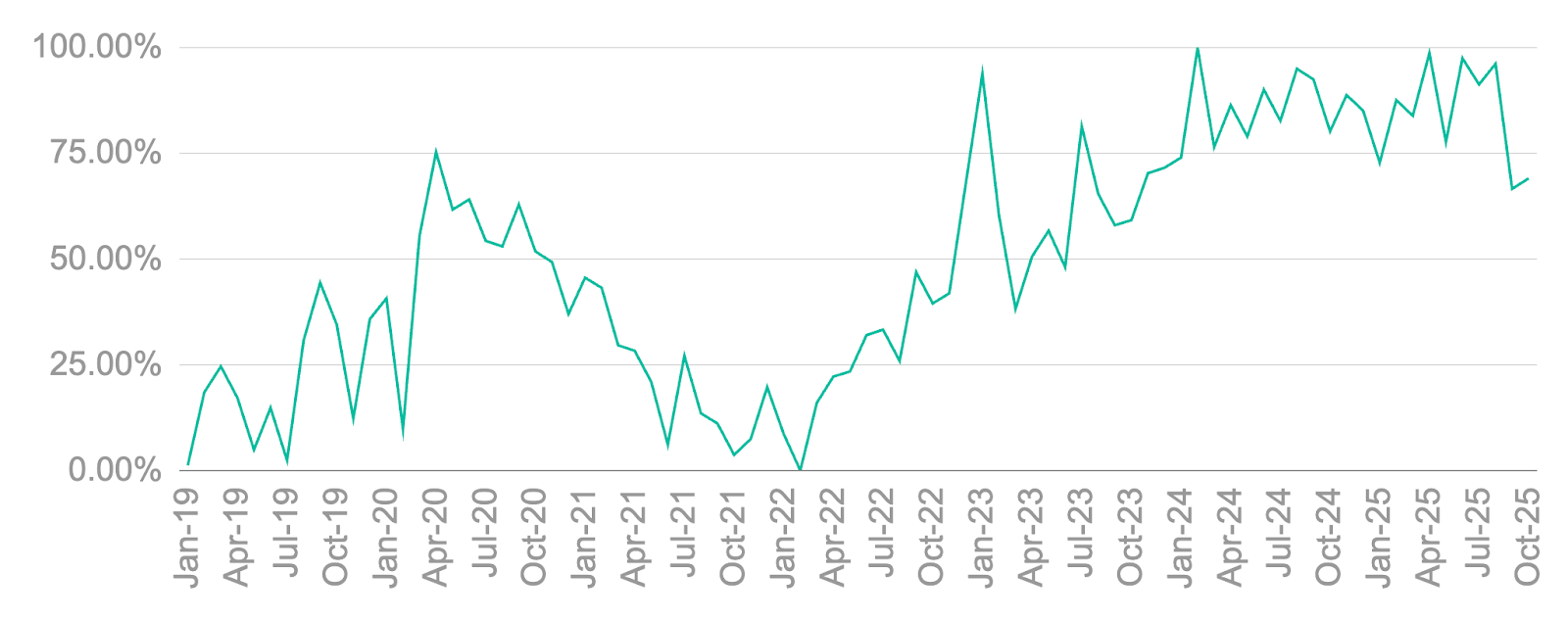
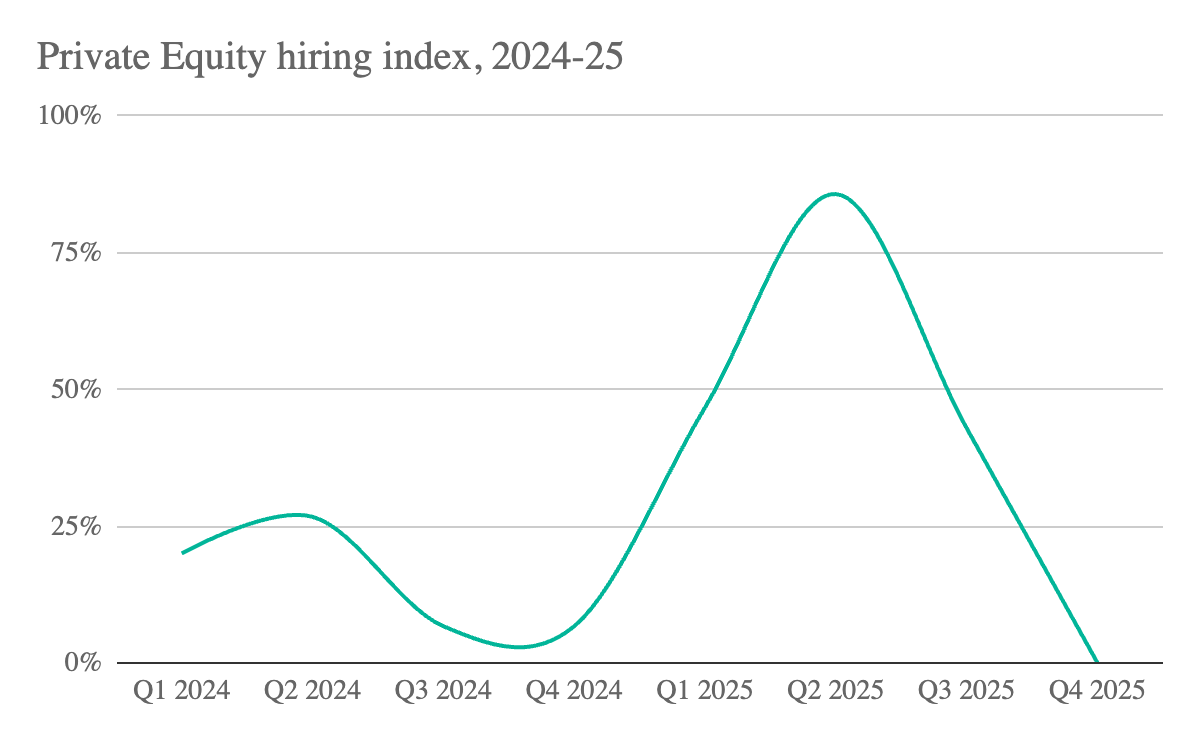
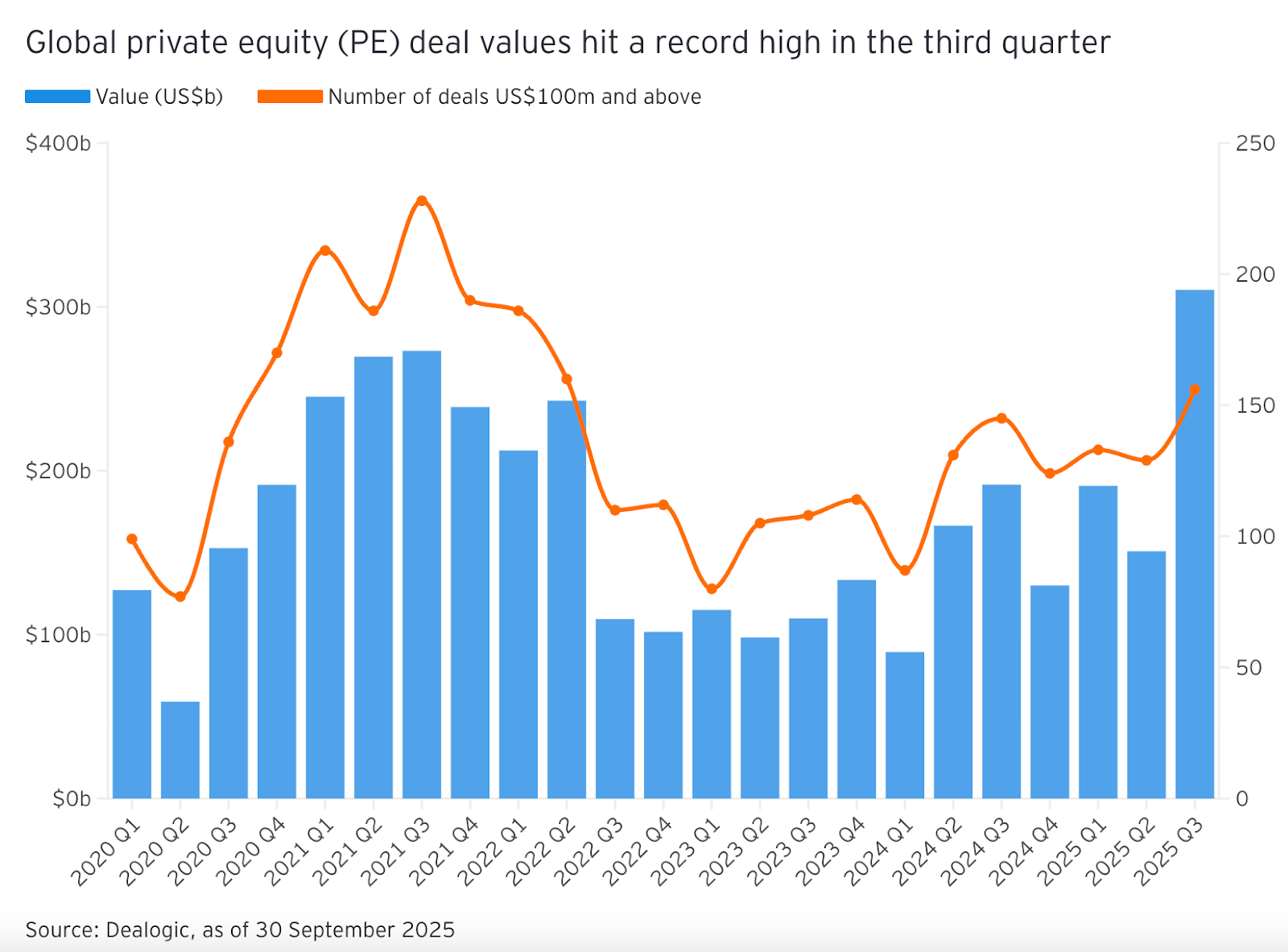
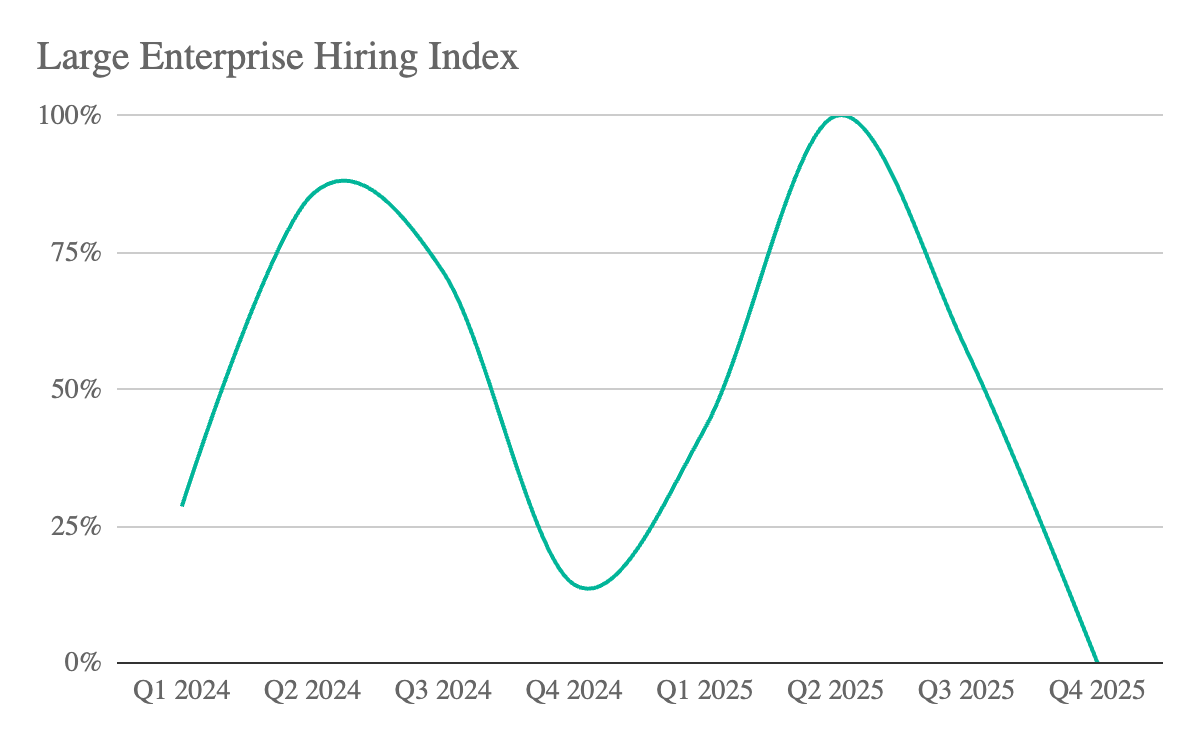
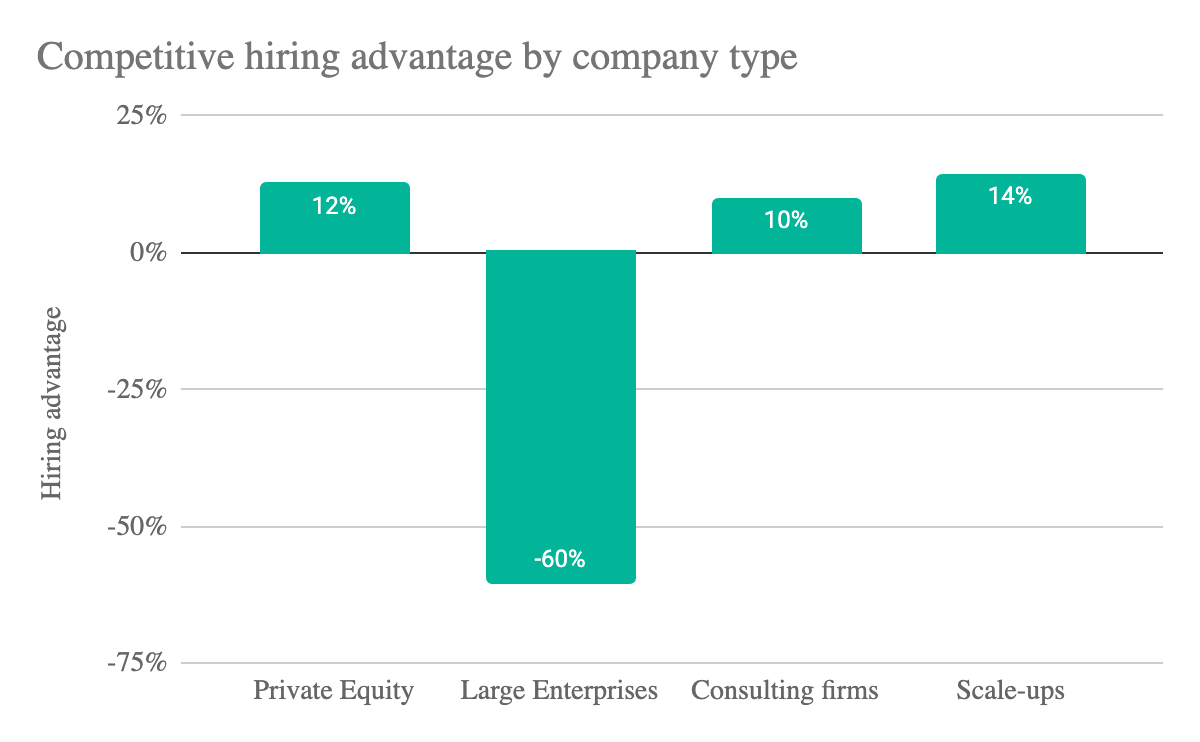
.jpg)

.png)


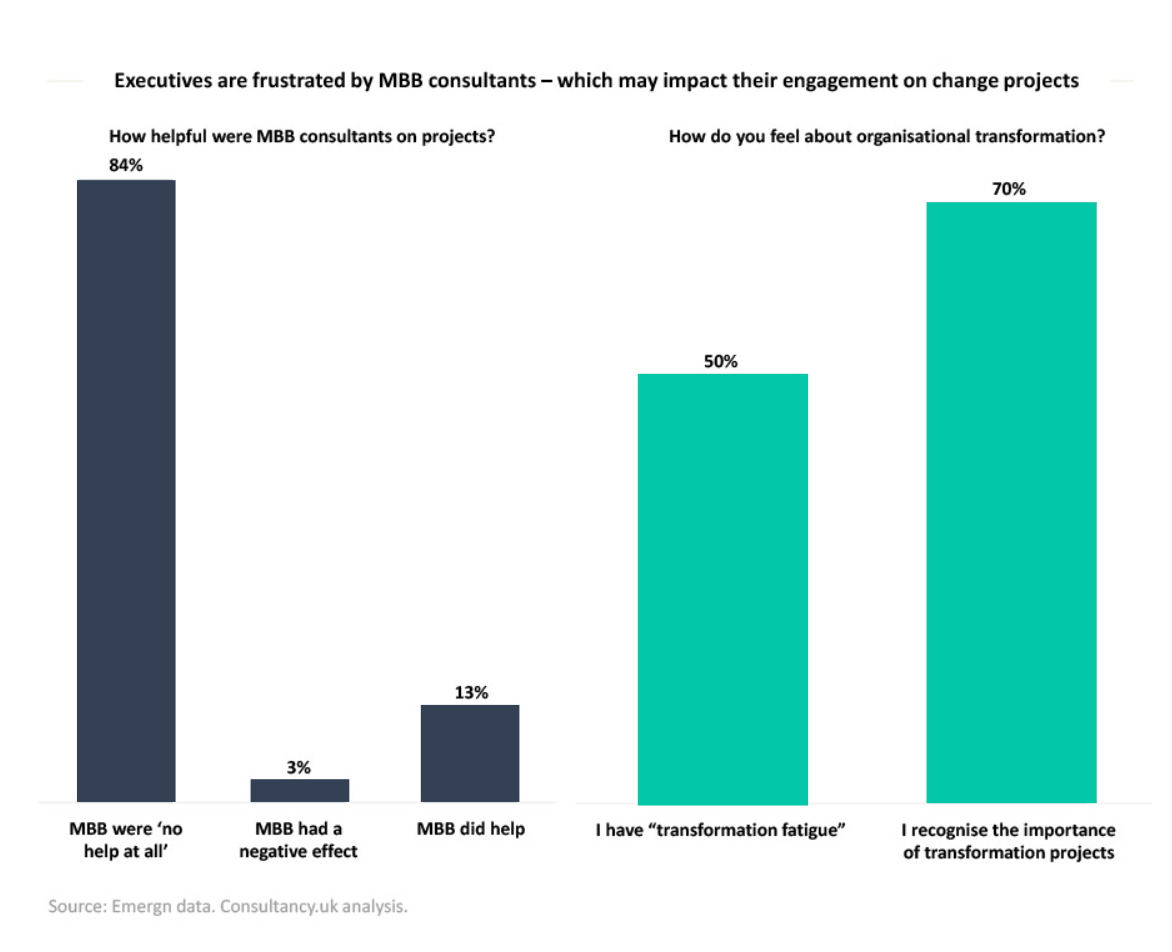
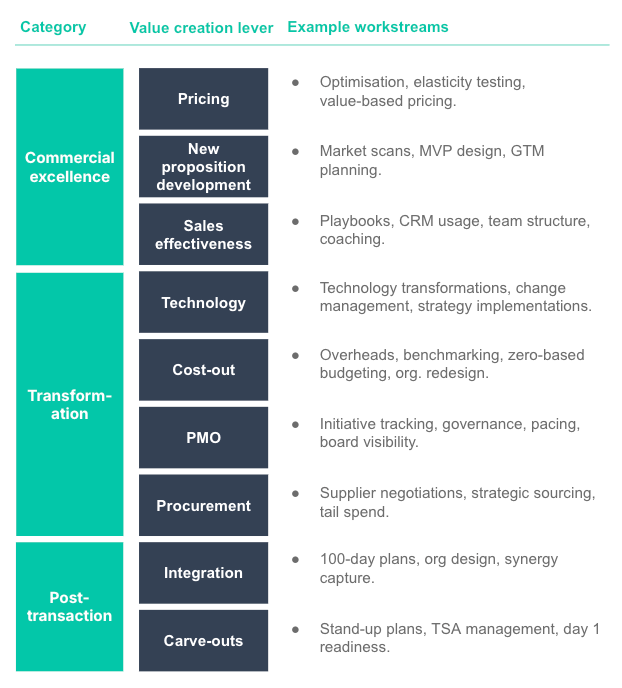


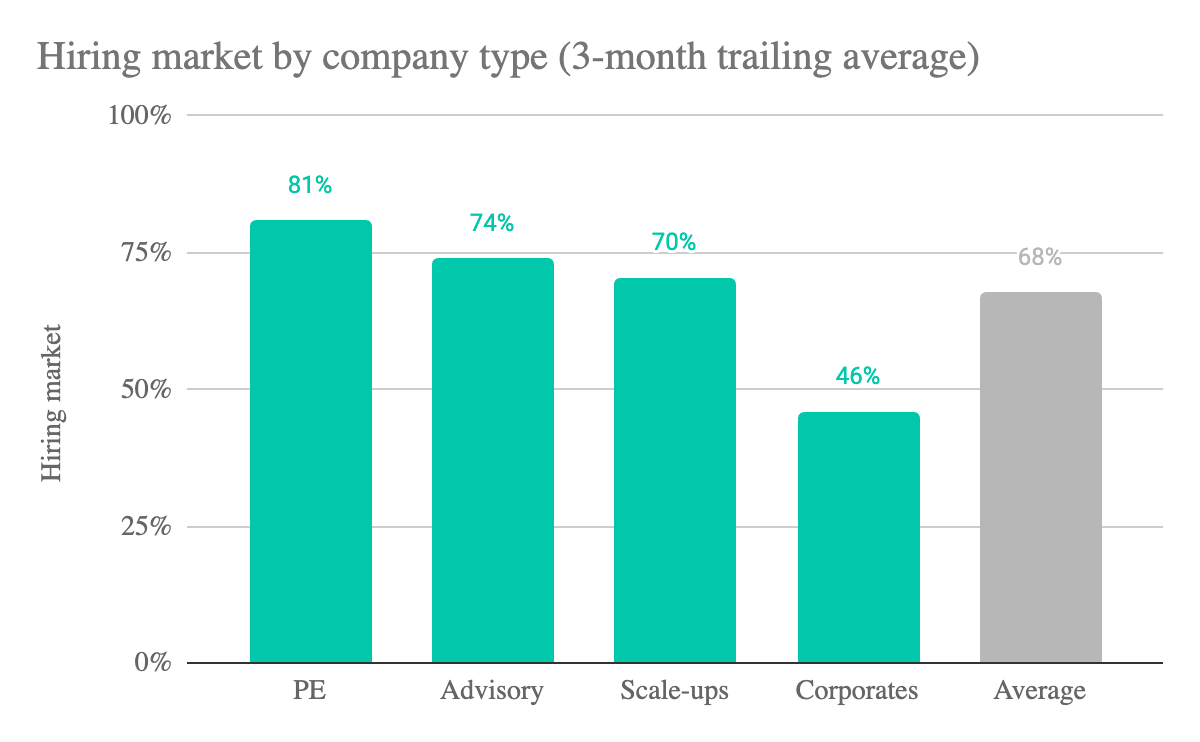
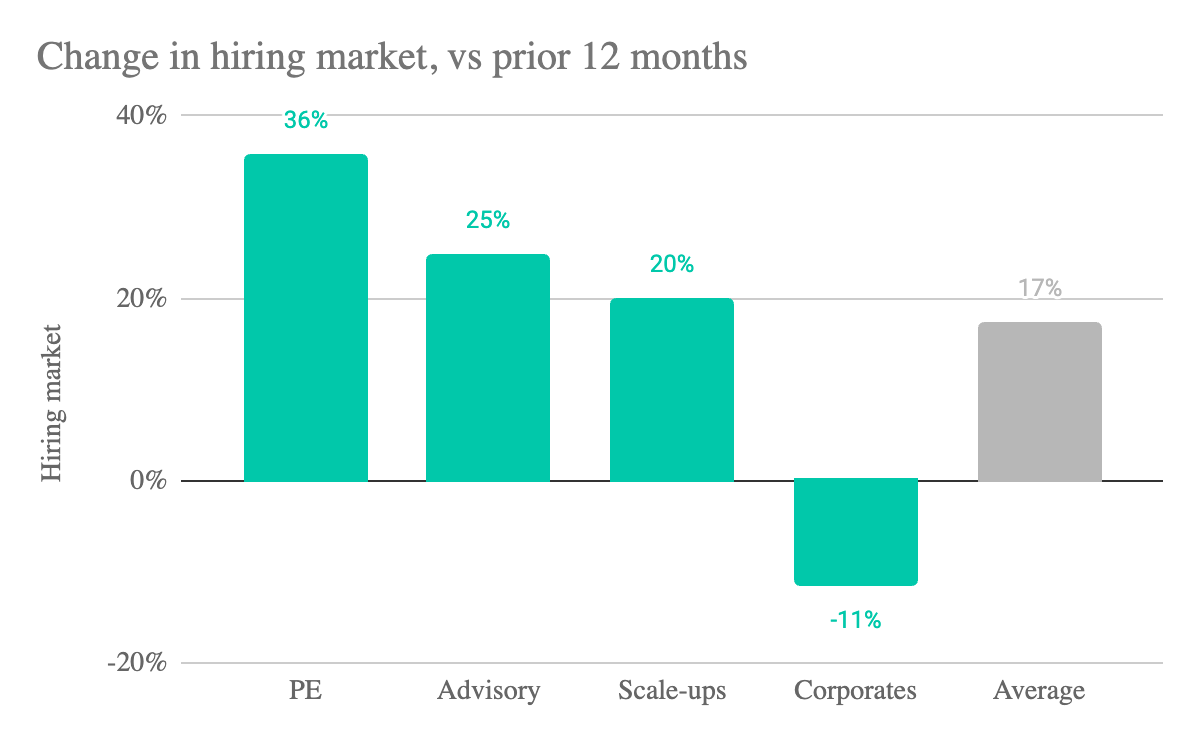


.jpg)
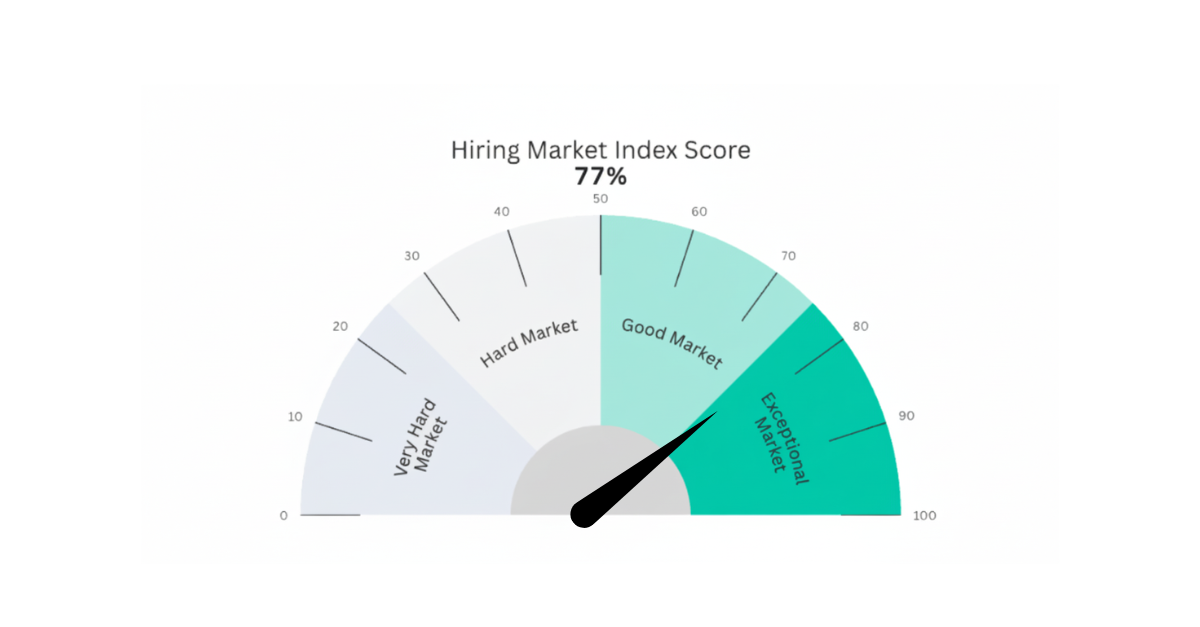
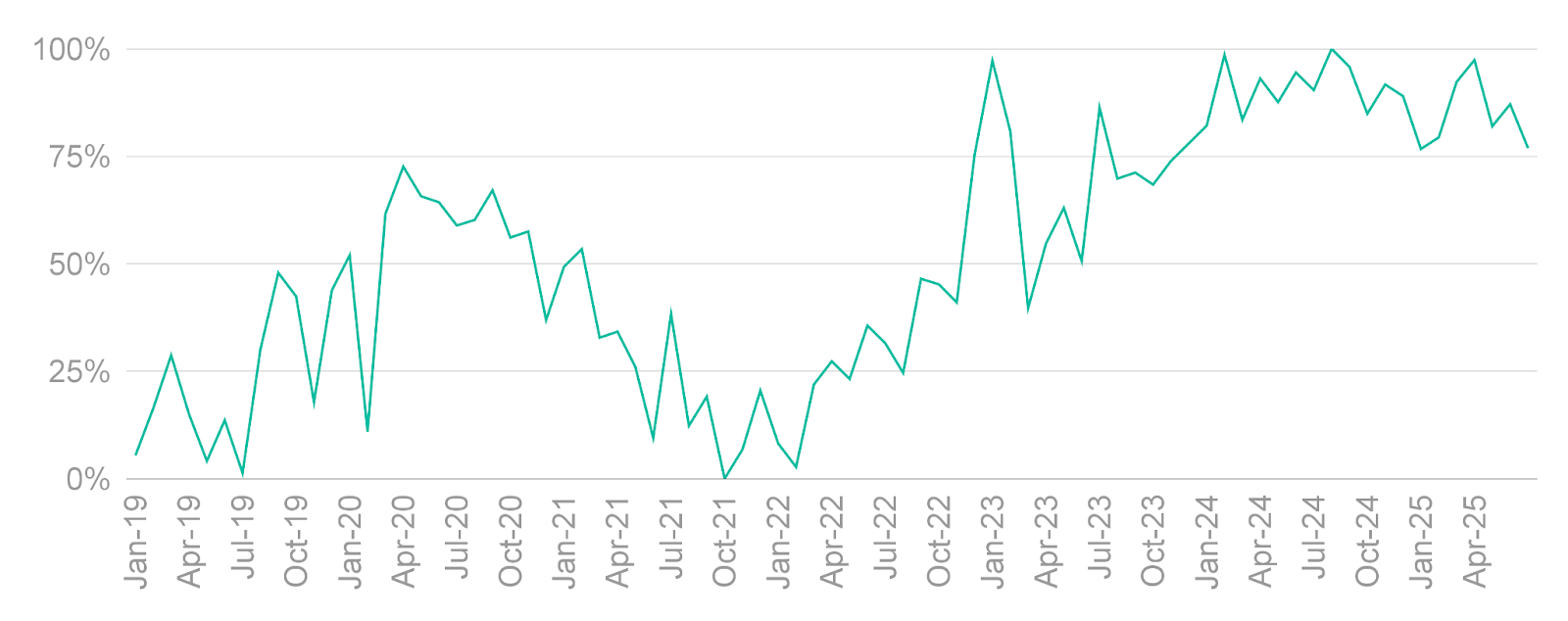
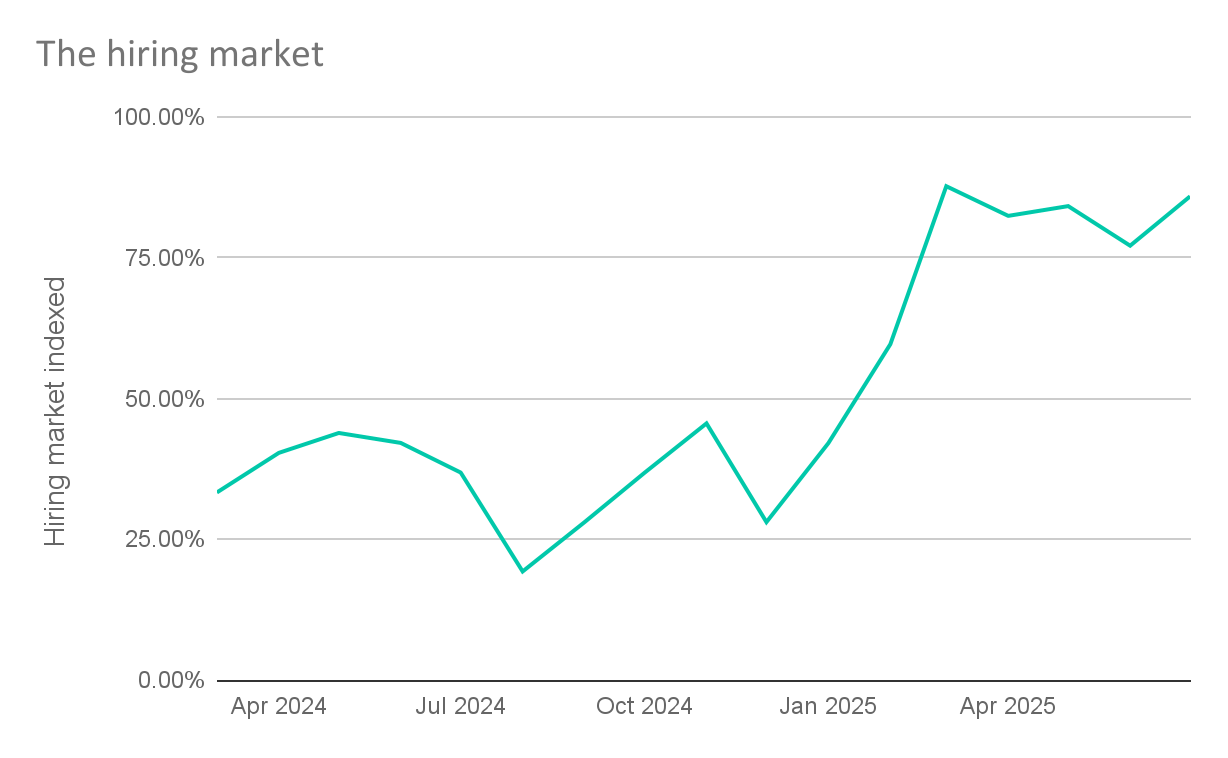



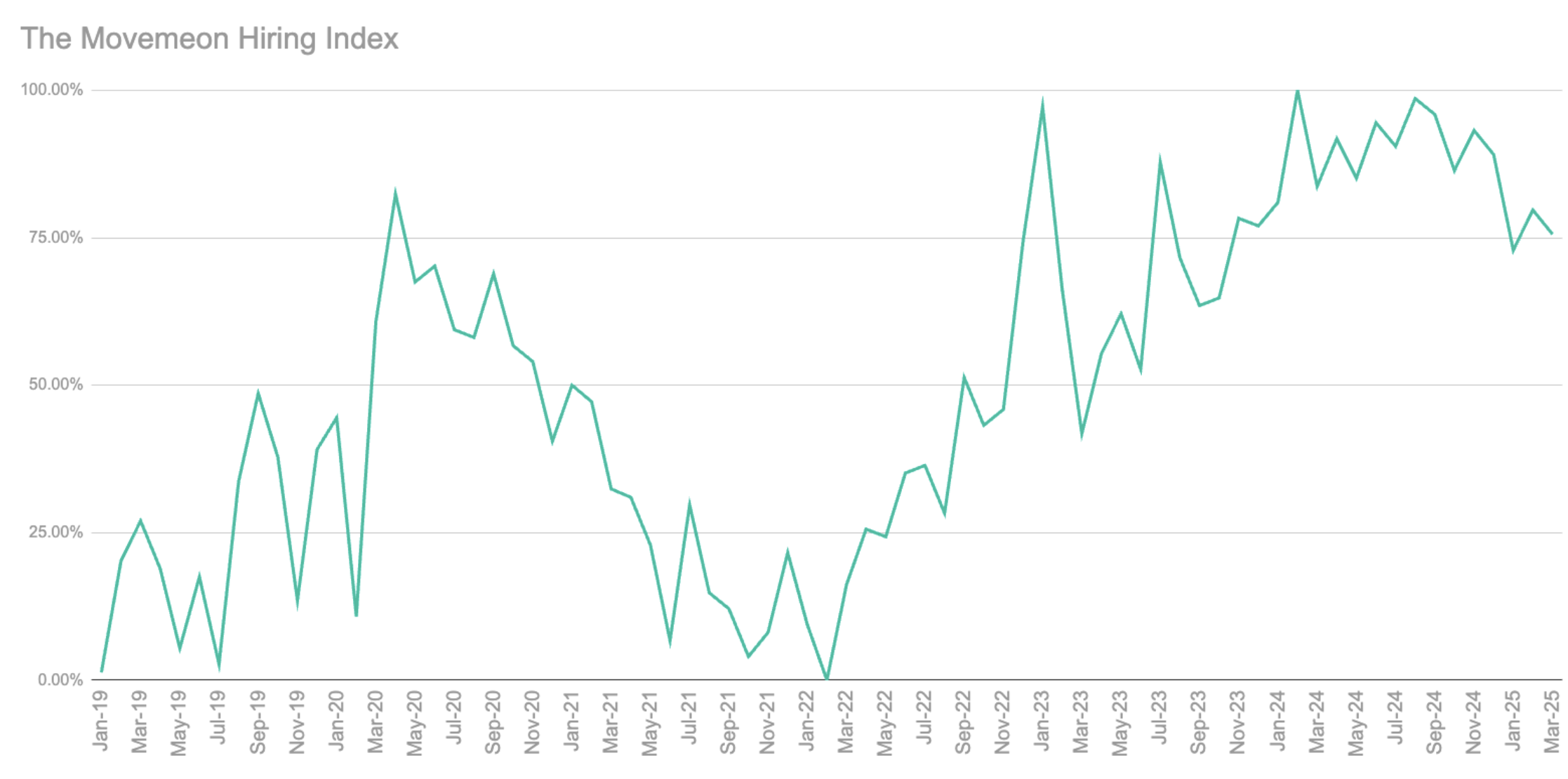







.jpg)

.png)
.png)





















.jpg)

